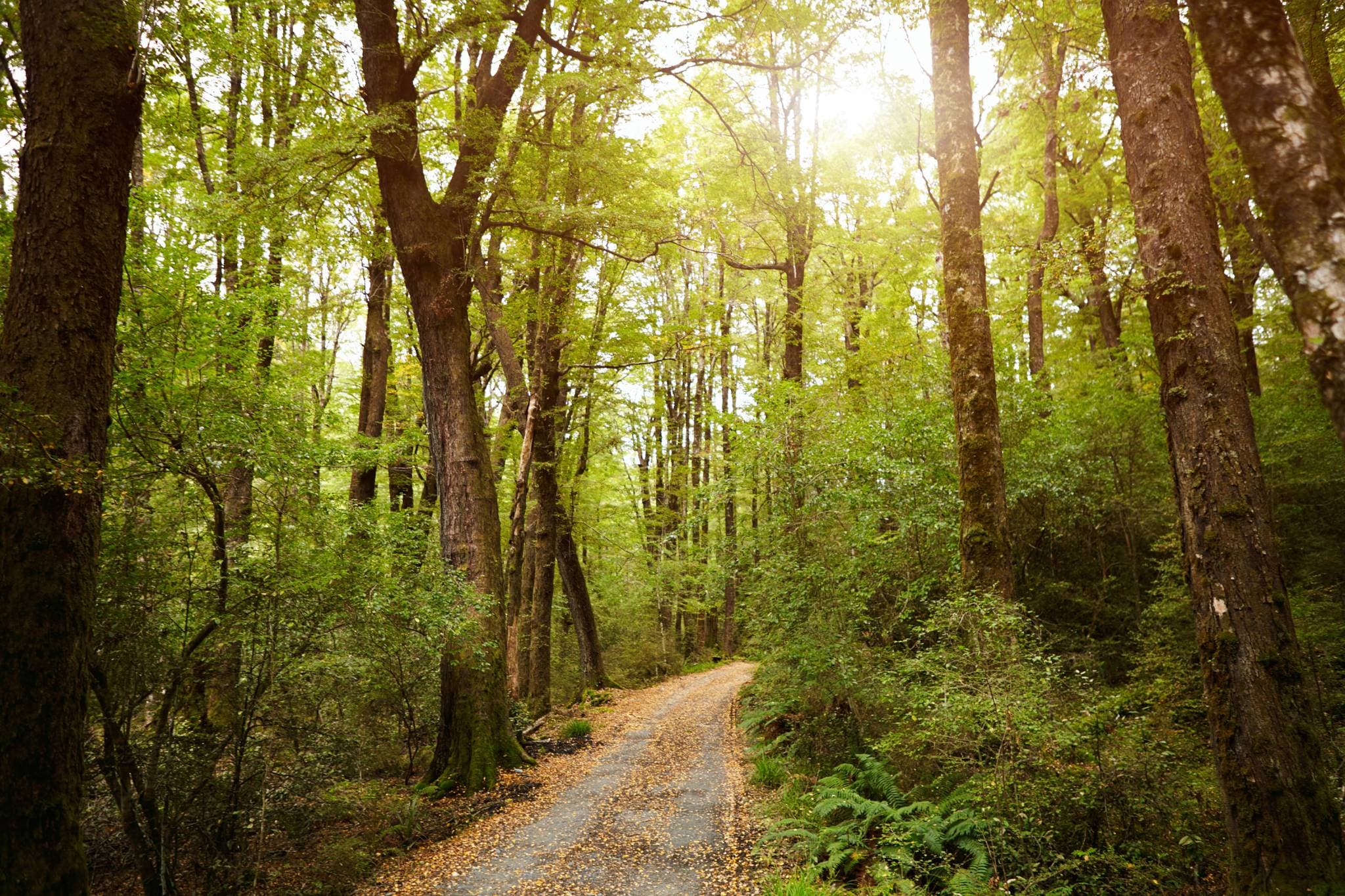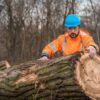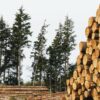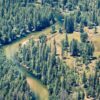Monthly Reports July
July 2022.
The low market point in June in the log export segment has had some significant impacts across the NZ Forest industry. Many logging crews have been parked up, particularly in regions where there is little or no domestic sawmill capacity. This has a flow on effect to trucking companies and related service providers.
There has been a wider sector conversation about new market opportunities as the realisation of our close to total reliance on the China construction sector as point of sale for NZ export logs. Perhaps it will take an even deeper crisis for “conversations” to shift to a definitive action plan.
Our domestic sawmills remain very busy, many have an order book keeping them busy at least until Christmas. Like so many industries in NZ at present, having sufficient staff to do work is a significant issue. One sawmill owner has advised while their normal staff compliment is 50 ish, right now they have 40 ish. The reference to “ish” means if you add in those afflicted with COVID, Flu or an allergy to work, out of the 40, on a good day, 30 ish turn up.
For the collective majority, work, dependence and responsibility to self and others are our foundations. However, for the minority encompassing those with the work allergy me thinks the societal reaction like, “there there you will be fine” soft soaping, needs to be replaced with some stern words about work ethic, reliance and dropping the sense of entitlement atttude.
Despite the log export trade being 30 to 40% down on volume in June July, one large NZ company in the Marshalling and Stevedoring space with over 1,000 employees nationally, is reportedly looking for 250 staff currently. For those readers not in the space, Marshalling and Stevedoring companies refers to those that receive the logs at Ports, manage them in to and out of storage and load them on to ships. Like so many companies, given the sector of Kiwis with the work allergy, sourcing migrant workers who reliably show up to work every day, is the only solution.
Meanwhile in China, we have signs the worst may be behind us. We cannot say we are in recovery but we can say the fundamentals have stopped weakening.
Daily consumption is unchanged, chugging along at 55,000 cubic metres per day, this compares to 75,000 per day at the same time last year.
But this year in China, we have COVID increasing and continuing to impact many major cities, widespread flooding and a construction sector not getting the Government stimulus it has been used to.
Over all the China Eastern Seaboard inventory has remained too high at around the 5 mil cubic metre mark, substantially unchanged in close to 6 months. On the positive side, wholesale prices for logs have stopped sliding, as has the CFR rate for Kiwi sellers. Again, for those readers not usually in this space, CFR refers to the cost of logs including sea freight delivered to a China port, expressed in US$ per cubic metre.
The largest challenge for the NZ forest sector over the last 12 months has been shipping, both in terms of availability and cost. In June, we saw shipping rates in the high US$70’s per cubic meter compared to US$56 in May 21 and US$20 in May 20. During July, we have seen rates slide significantly as world wide recession impacts the dry bulk shipping sector.
We have also seen the costs of ships fuel, called bunker, slide in response to Brent Crude falling below US$100 per barrel. The combination of less demand and very transparent lower costs, has ship owners on the back foot and for Kiwi log sellers that is a nice place to see them, finally.
Most recent reports suggest shipping rates for the NZ to China log trade in August will slide under US$60 per cubic metre. If CFR rates hold, and shipping costs slide to those levels, we should see much more healthy log prices at the wharf gate. This will be none too soon for a sector ready and willing to get back in to full swing.
As always People, please remember the thoroughly important message, “It remains, as always, fundamentally important, no matter the challenges, the only way forward for climate, country and the planet, is to get out there and plant more trees”!
Allan Laurie.
Laurie Forestry.

